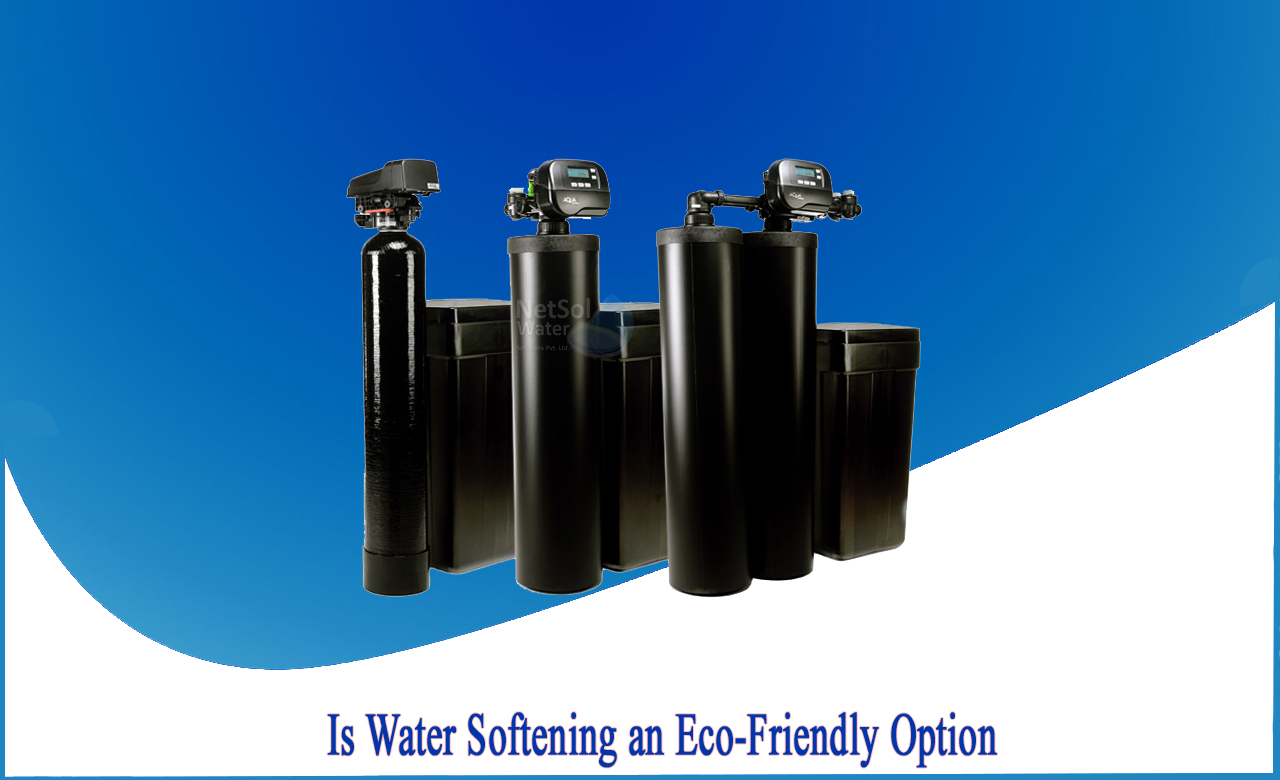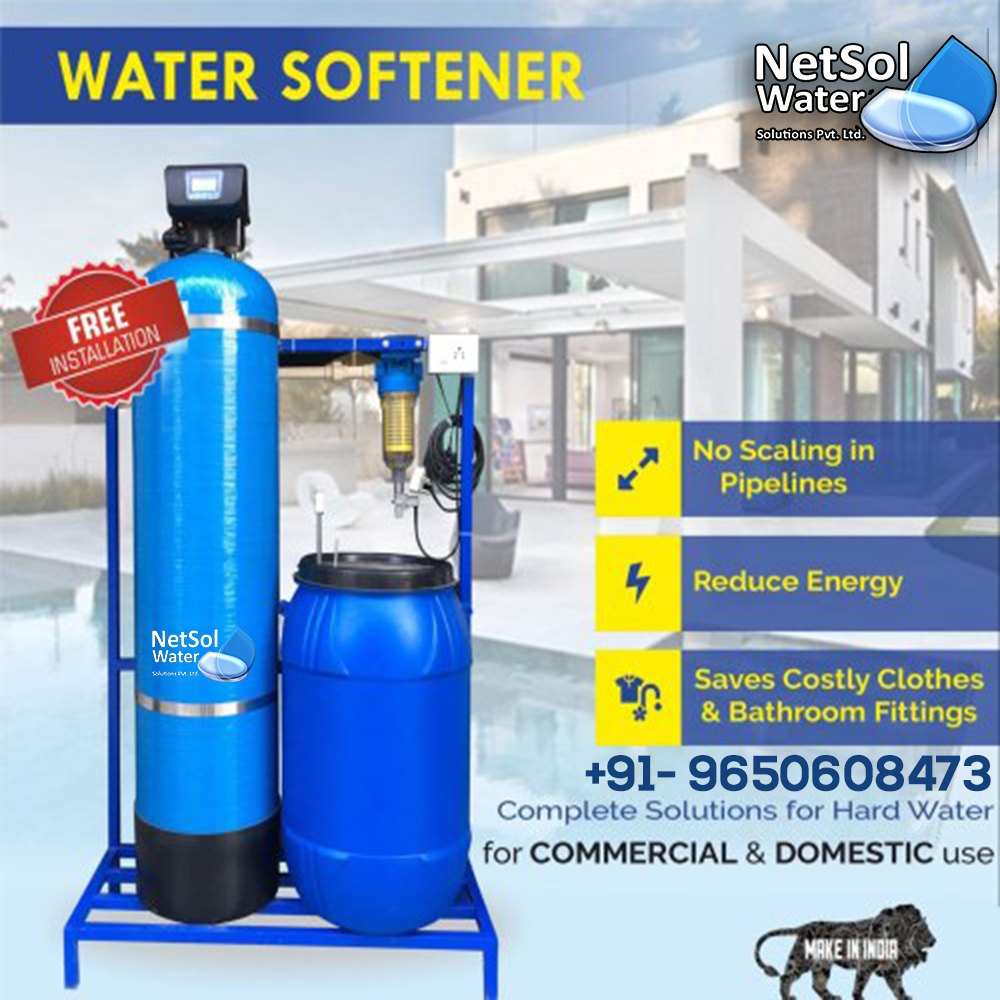Is water softening an eco-friendly option?
The most common criticism is that, these residential water treatment systems waste too much water and introduce chloride (from salts) into aquatic environments.
Water softeners and other types of water treatment do produce some waste, which some may consider to be undesirable.
But, is water truly "wasted" if it serves a useful purpose that promotes energy efficiency and sustainability in other areas?
It isn't a waste if you use softened water for better bathing, housecleaning, and avoiding other common hard water problems. The perceived waste associated with water softeners occurs during the regeneration process.
The media used to soften water by removing the hard minerals calcium and magnesium becomes depleted over time and must be recharged (aka. regenerated). Sodium from the brine tank solution refreshes the media during the regeneration process by knocking off the calcium and magnesium ions gathered by the water softening media. This revitalises the media and allows it to continue removing hard minerals.
What is flushed out of your system also contains the calcium and magnesium that the softening media collected. According to the EPA, softener discharge is not harmful to septic systems and may even be beneficial to the soil.
"The calcium and magnesium ions in water softener effluent have a positive effect on soil structure in the soil absorption field."
The EPA goes on to say that a common misconception is that influent (what's in the brine tank) and effluent are the same thing (the wastewater discharged after regeneration).
WATER SOFTENERS ARE ECO FRIENDLY
Water softeners help many other appliances in your home run more efficiently, and they're even part of the solution to keep certain detergents from polluting our waterways.
Consider water-using appliances such as washing machines and dishwashers. Many dishwashing and laundry detergents contain phosphates, which bind to minerals in hard water and prevent them from depositing on your clothing. However, serious concerns are raised about phosphates causing nutrient pollution, depriving fish of oxygen, and causing harmful algae blooms.
Manufacturers of these products decided that having different formulas for different states was too difficult and expensive. As a result, phosphates are no longer present in the majority of detergents. Phosphates were attempting to do for dishes and laundry what water softeners do for an entire house. Because the problematic minerals were already eliminated, homeowners with water softeners could use phosphate-free detergent without noticing any difference.
Water softeners, from this perspective, allow consumers to use a more environmentally friendly product while also helping to keep phosphates out of our waterways.
CAN WATER SOFTENER BE MORE EFFICIENT AND ENVIRONMENTAL FRIENDLY?
If you're concerned about the environmental impact of water softening in your home, the first thing you should look at is the age of your equipment.
NETSOL will show you how much water and salt you save over time, so you'll know it’s working. We are also working to select units with outfitted Wi-Fi technology, which includes features such as the ability to track your water usage and activate “Vacation Mode” remotely via a smartphone. You won't waste water during regeneration if you're not at home.
What you should avoid is simply purchasing equipment and attempting to install a water softener yourself.
It is possible to have soft water in your home while also feeling good about your efforts to help the environment. In fact, the two go hand in hand in some ways. All you need is a friendly local expert to point you in the right direction, like that of, Netsol Water.




